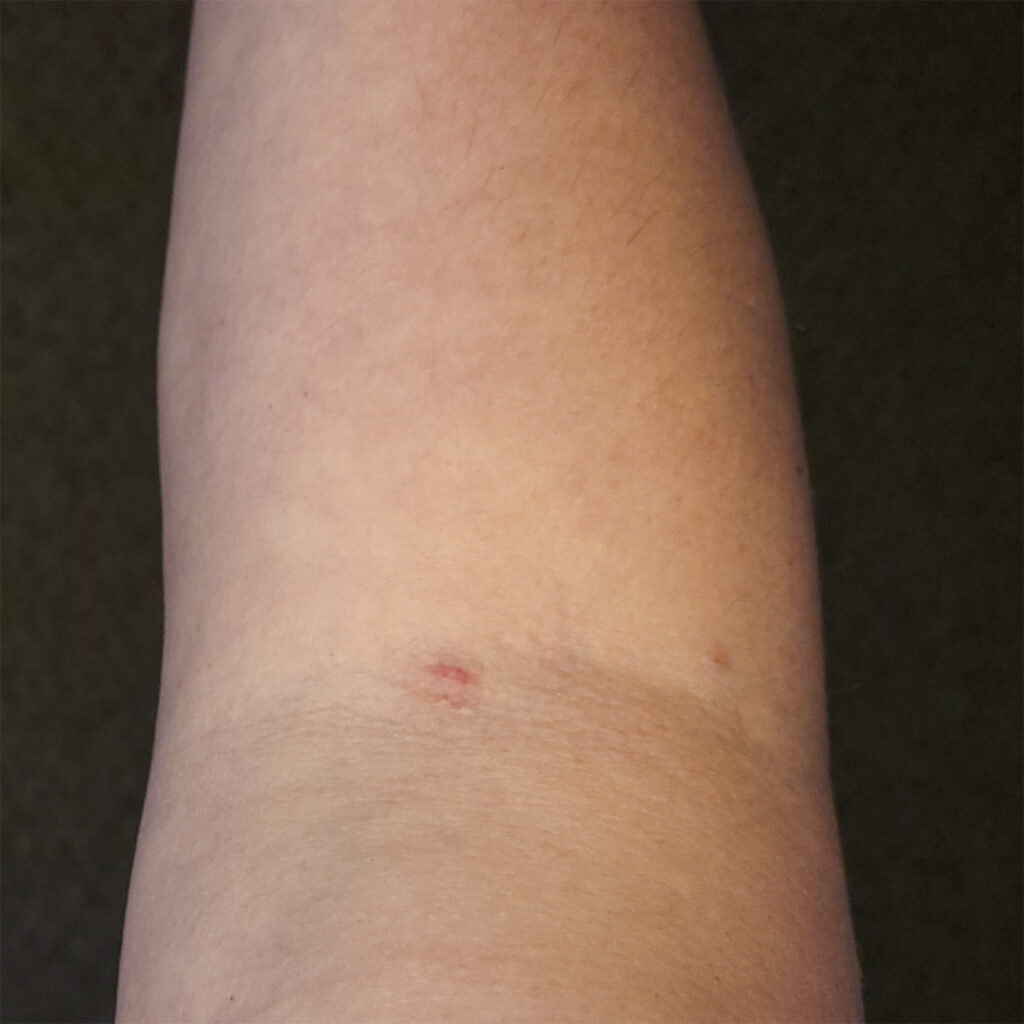
- by Andi Last
Take off my clothes, put on the hospital gown, get a needle in my arm, the nurse misses the vein, try again, success, mark with fluid-filled adhesive bubbles the two spots in my body - left breast and underarm - that contain titanium markers from previous surgeries, put in earplugs, lie face down on the table, place my breasts in the box (breast coil) and my face on the face rest, put my arms over my head, ask the tech for the emotionally grounding music of Howlin' Wolf in the headphones, find out the music system is busted, so sorry, steel myself as the table and I trundle feet-first into the giant tube, lie as still as I can, feel the burst of scanxiety as the machine loudly and mechanically growls to life, have a hot flash and sweat all over the face rest, table, and hospital gown, listen to the cacophonous buzzing, grinding, whirring, and clicking for 45 minutes until my arms fall asleep with sharp pins and needles, lie still anyway, feel the cold contrast flood into the veins of my inner elbow and beyond...
This year when the scans were done, I asked the MRI tech to take a photo.
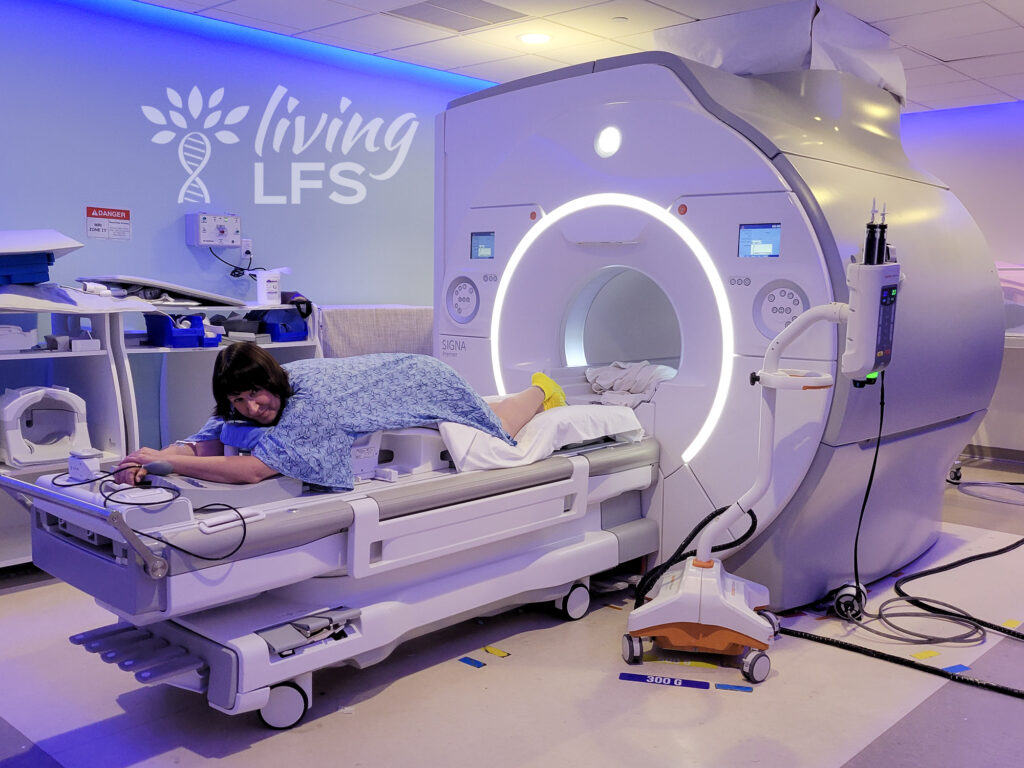
...Unstick myself from the table, feel the relief of the needle pulling from my arm, get dressed, walk, alone in the dark, to the car, sit in traffic under the low, heavy, golden moon, bring Wolf up in the car, go back to my daily life...
It's 9:40pm. And that was my 8th annual breast MRI.
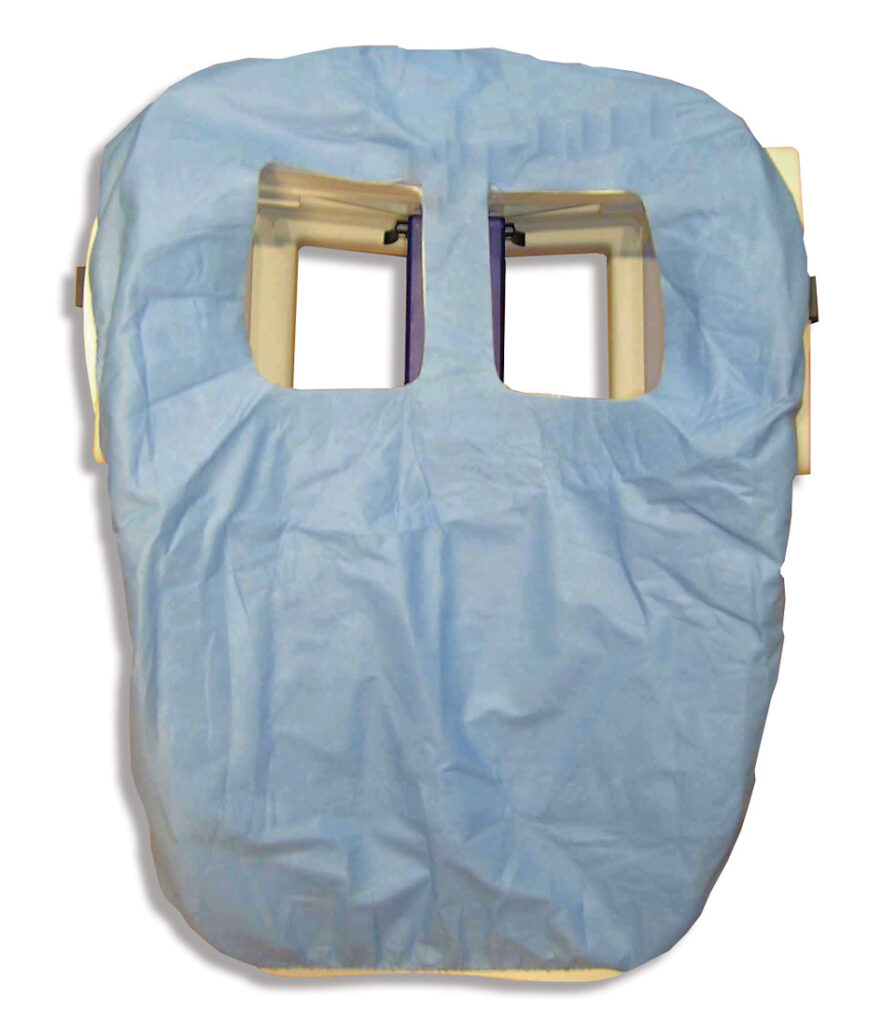
Li-Fraumeni syndrome (LFS), the rare genetic disorder I have that predisposes me to developing all kinds of cancers, is not for the weak.
A bout with breast cancer in 2015 at age 41, which is when I was diagnosed with LFS and which was preceded by a long family history of cancer, ensures that I go for my preventative surveillance every single year of my life, in spite of the discomfort. This surveillance, called the Toronto Protocol, includes quarterly blood tests, alternating breast MRI and mammogram every 6 months, annual full body MRI, annual dermatology exam, annual gynecological exam, and biennial colonoscopies.
People with LFS are much more sensitive to radiation than the general population as it increases our risks of developing cancer in the radiation field, so MRI, or magnetic resonance imaging, is our standard of care. We avoid PET scans, CT scans, x-rays, and mammography when possible, unless needed for diagnosis or for particularly high risk screening. It's important to discuss screening options with your care team and always "fight the shark closest to the boat."
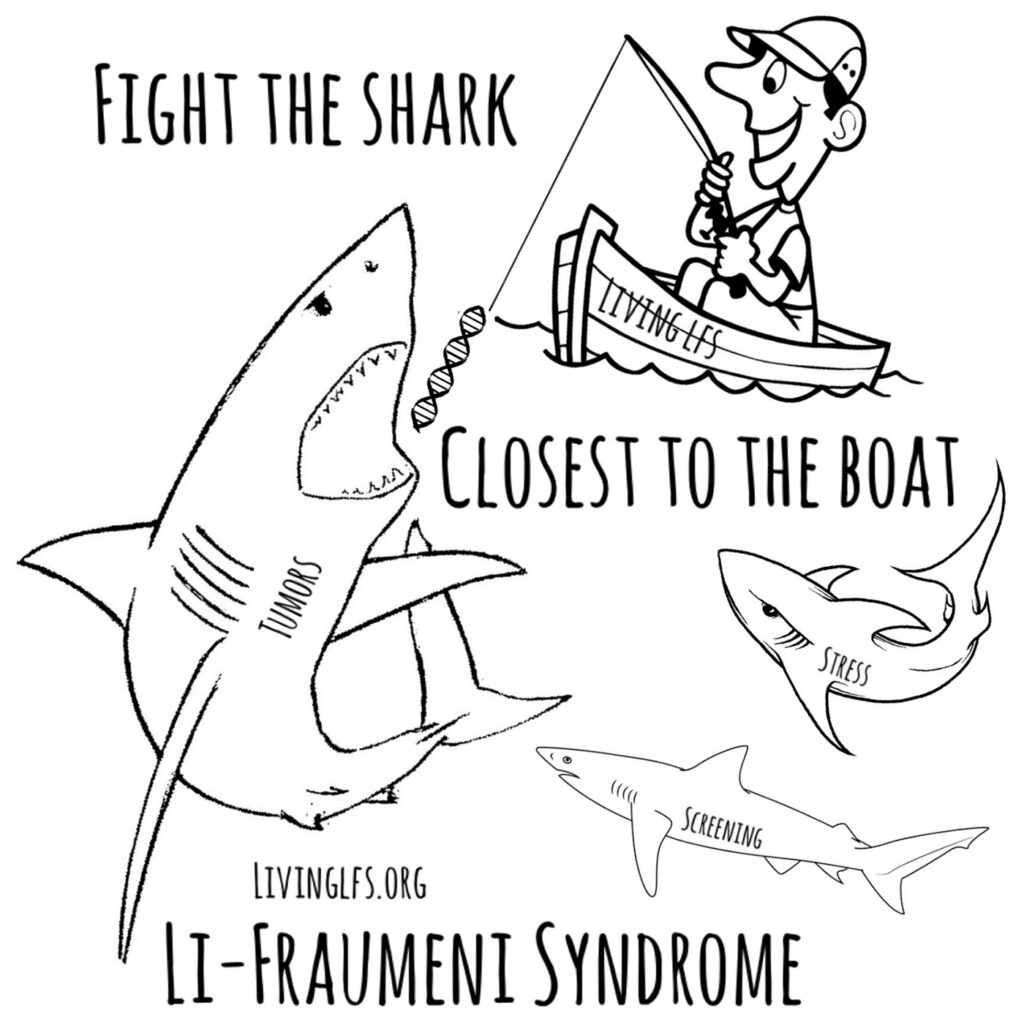
All these checks ensure that if I do develop cancer, it's caught as early as possible - when it's most treatable - so I can live as normal a life as one can with a nearly 100% lifetime risk of developing cancer.
I am grateful for my life-saving regular screenings.
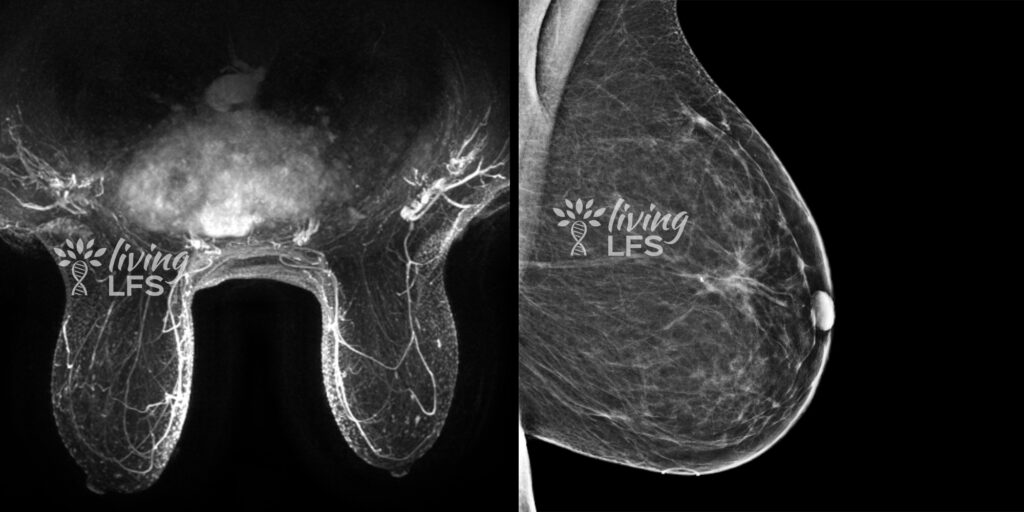
Come on, NED*. Surely we still got some dancing to do.
*NED: No Evidence of Disease after treatment of breast cancer. NED means, essentially, remission. But since cancer can recur as much as 20 or more years later, my every wish after every scan begins and ends with an ongoing dance with NED.
Update, two days later:
IMPRESSION: No evidence of malignancy in either breast. Post-lumpectomy changes in the left breast are stable and benign.
Still dancing with NED!!
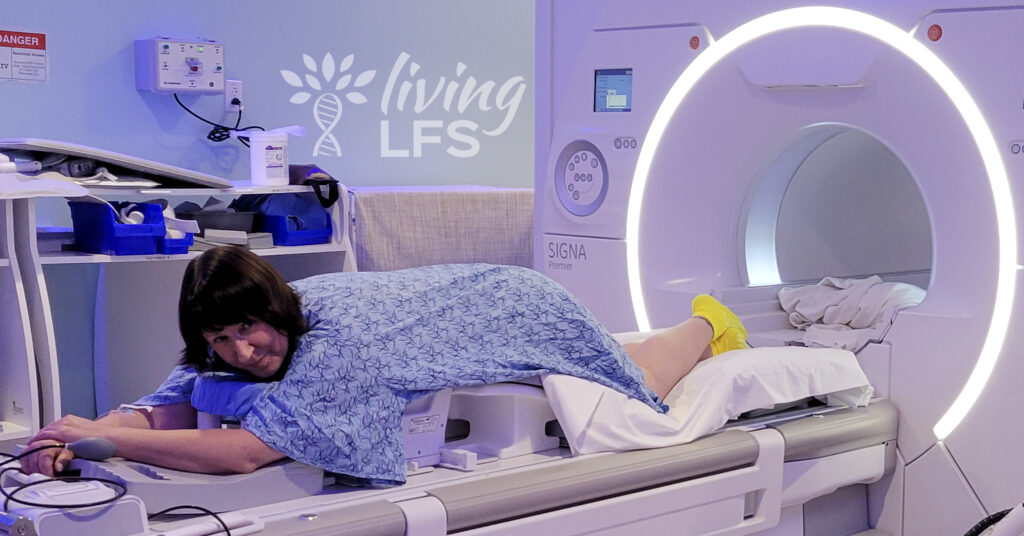
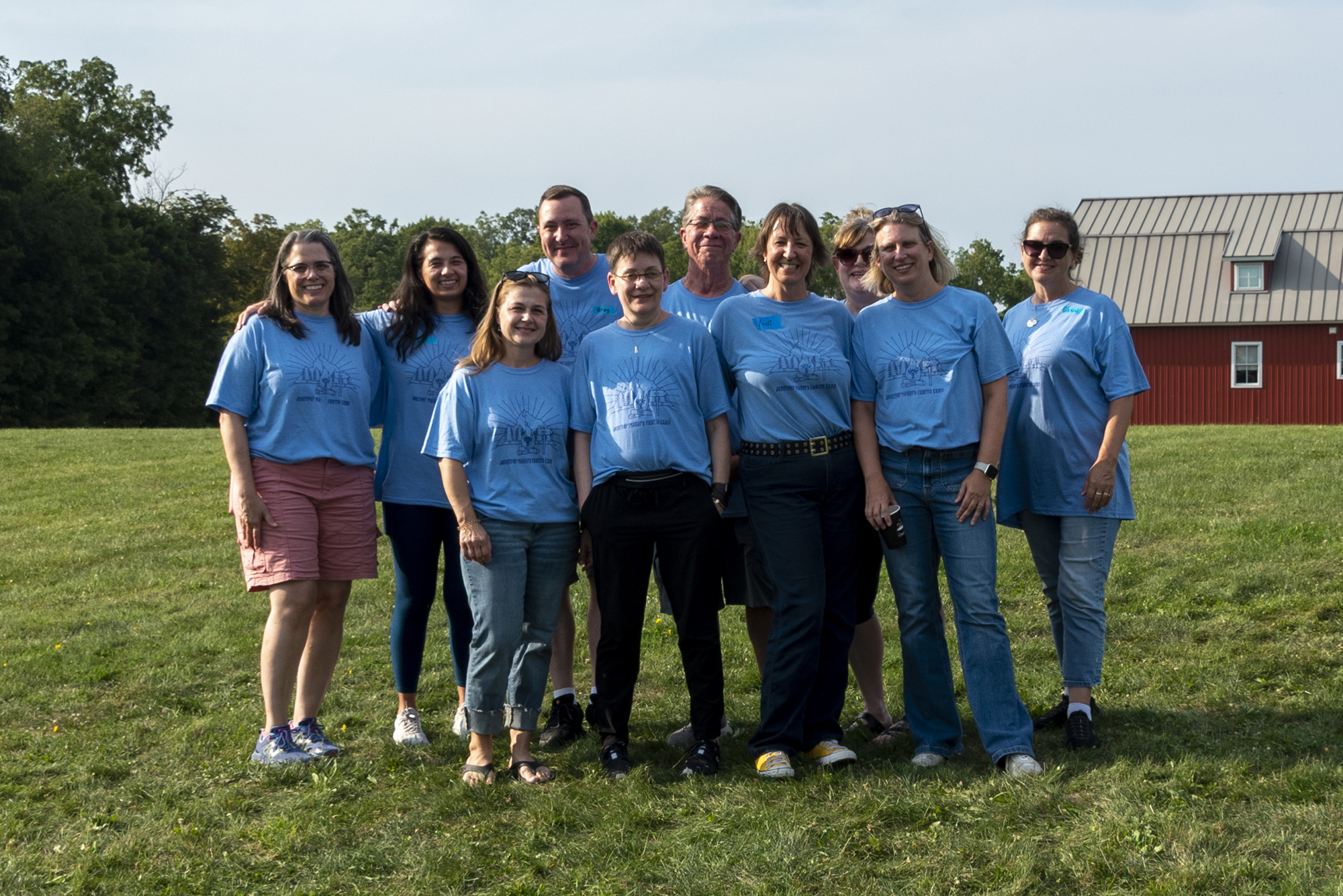
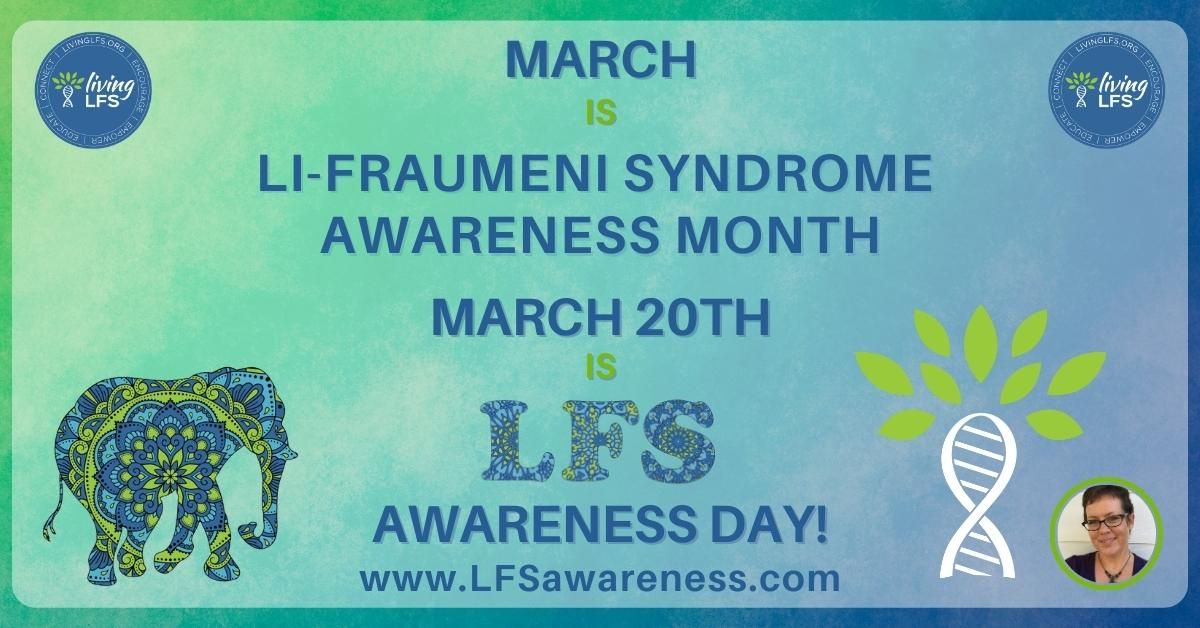
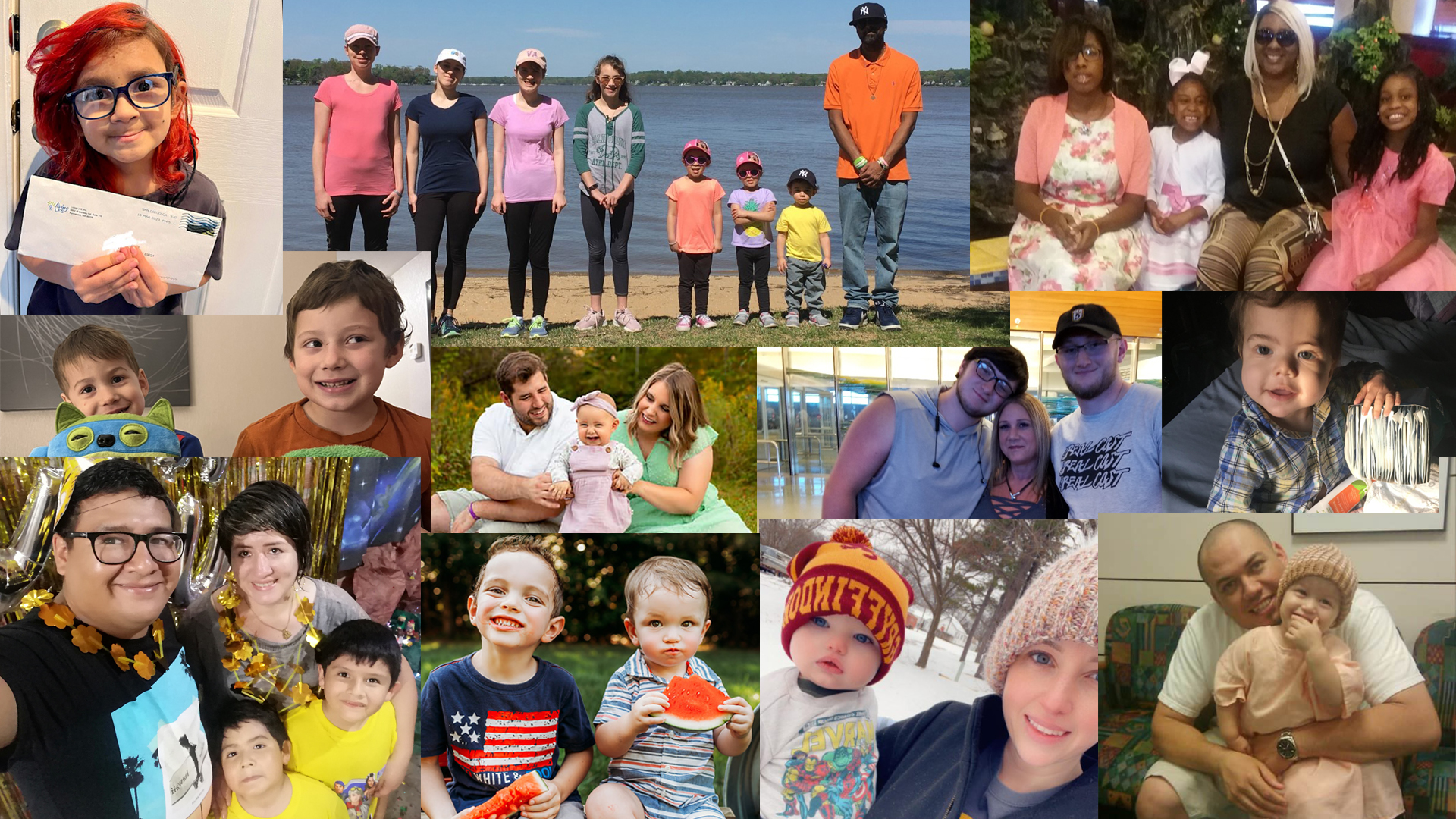
One Response
Such scary sh*t. I'm so proud of you for sharing this. I'm in such awe of the strength you and every mutant dealing with this monster show every single day, through your own selfcare and advocacy, and your support of each other.
Here's to another dance with NED, with Howlin' Wolf providing the soundtrack!! 🐘💙💙🌻